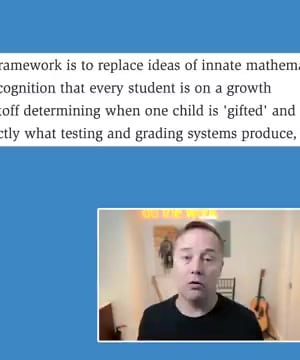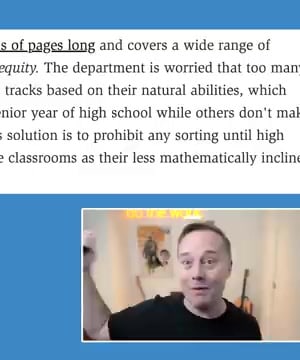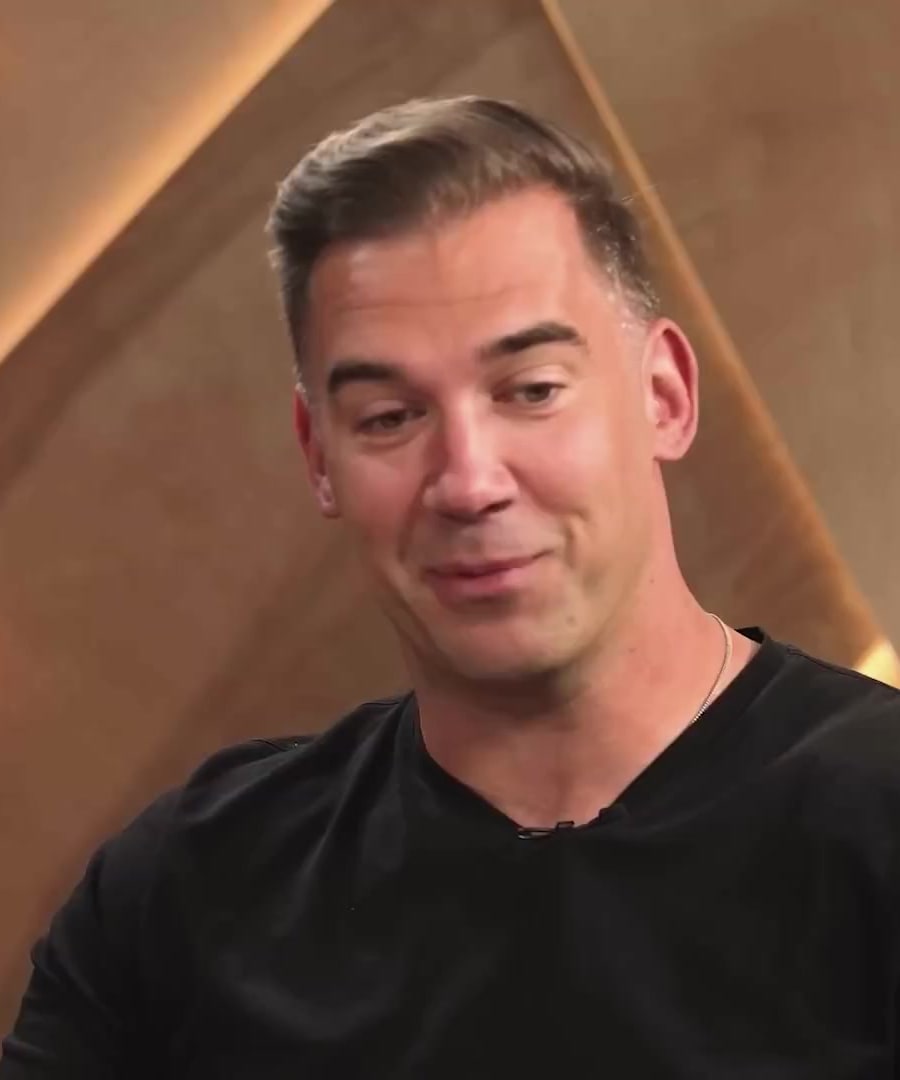Natural gifts and talents
Sources:
Experts offer diverse perspectives on natural gifts and talents:
-
Jason Calacanis questions the idea of rejecting natural talents in education, arguing that people possess varying inherent abilities and should be allowed to specialize and perform uniquely. He believes recognizing these differences is key to flourishing 1 2.
-
Adam Grant emphasizes that motivation often trumps early talent, noting many world-class individuals were not standout prodigies but rather driven and passionate. He argues that success is more about sustained effort and opportunity than innate ability 3.
-
Stuart Brown explains that observing a child's play can reveal their innate talents. Allowing these talents to flourish in a supportive environment leads to empowerment and fulfillment, indicating a natural alignment between self and talent 4.
-
Angela Duckworth discusses the societal bias towards natural talent over hard work. She advocates for dedication to craft and self-improvement, aligning with Nietzsche's view against the romanticization of inborn gifts 5.
-
Louisa Nicola debates the extent of innate talent versus learned ability, asserting that understanding one’s natural strengths is crucial. Despite mindset being important, it has limitations compared to natural predispositions6.
-
Stephanie Harrison discusses the undervaluation of humanity-related gifts, which are often overshadowed by talent and wisdom. She suggests embracing these innate human qualities can be a reliable source of happiness and fulfillment 7.
-
Lewis Howes commends the use of talents for the greater good, highlighting that true mastery often involves deliberate practice and using one's gifts in service to others 8.
RELATED QUESTIONS-


